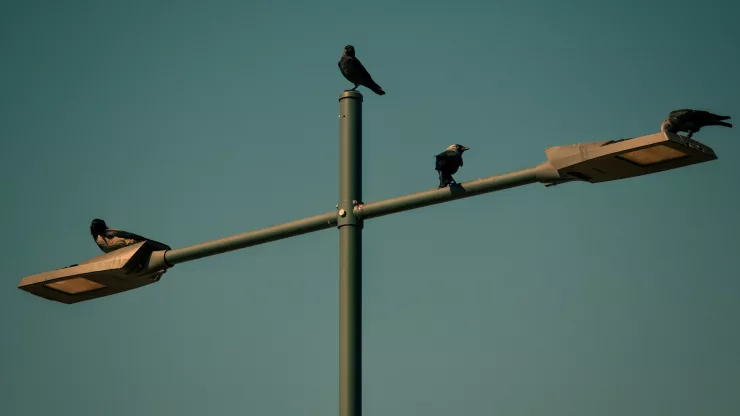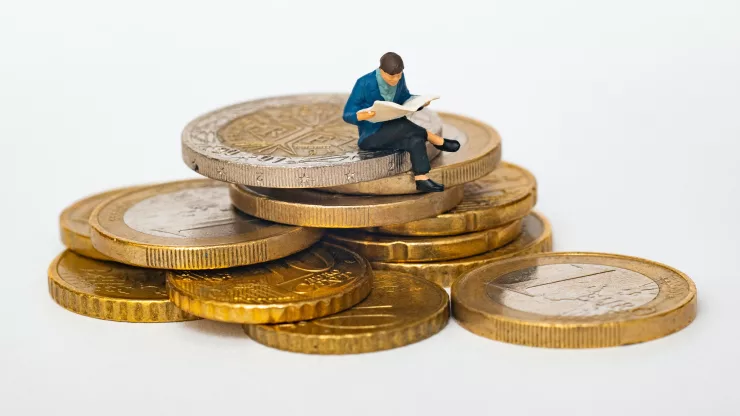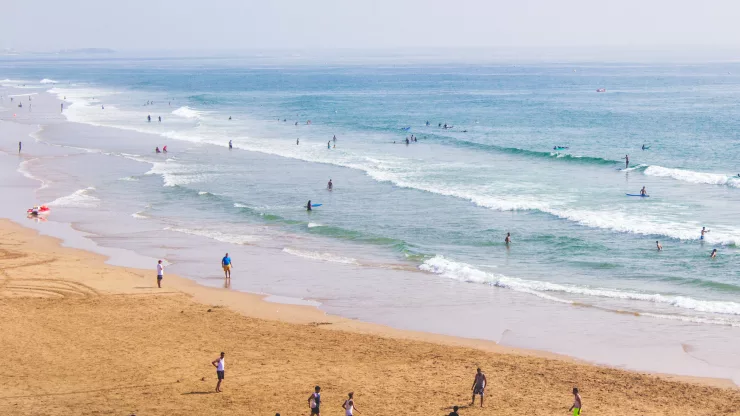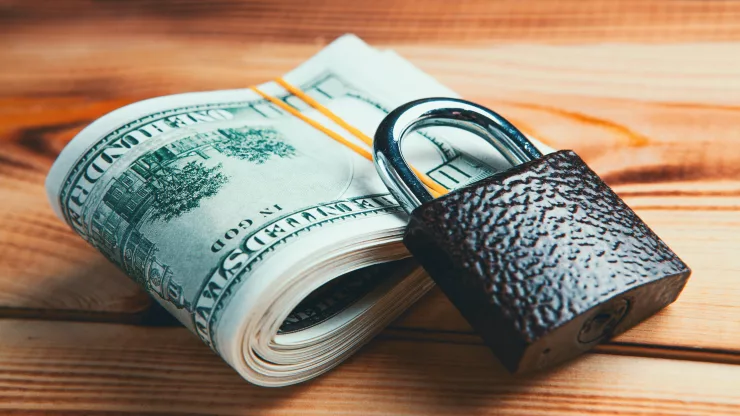Are you dreaming of a big adventure? Whether it’s a round-the-world trip or a months-long backpacking excursion, planning your finances is a crucial step in making your travel dreams a reality.
In this article, we’ll guide you through the process of budgeting for your big adventure, from researching costs to tracking your spending on the road.
Jump to Section
Introduction
Traveling the world is an exciting and fulfilling experience, but it can also be expensive. By planning your finances carefully, you can set yourself up for a stress-free, budget-friendly adventure.
In this article, we’ll show you how to research the costs of your trip, set a realistic budget, and plan your expenses to make the most of your money.
Why Budgeting is Important for Your Big Adventure
Budgeting is key to ensuring that you can afford to travel for as long as you want without running out of money.
By setting a budget and tracking your spending, you can avoid overspending in one area and missing out on experiences in another.
Plus, knowing your financial limits can help you make smarter decisions and avoid financial stress on the road.
Researching Your Big Adventure
Before you can set a budget, you need to research your trip thoroughly. This includes choosing your destination, deciding on activities, and researching costs.
Choosing Your Destination
Your destination will have a significant impact on your budget. Some countries and regions are more expensive than others, and the cost of living can vary widely within a country.
Consider factors like the exchange rate, the cost of accommodation and food, and any additional expenses like visas or vaccinations.
Deciding on Activities
What do you want to do on your trip? Hiking, surfing, sightseeing, or all of the above?
Make a list of the activities you’re interested in and research their costs in your chosen destination(s).
Researching Costs
Researching costs for your trip can be overwhelming, but it’s a crucial step in setting a realistic budget. Start by outlining your daily expenses for things like accommodation, food, and transportation.
Then, research the costs of any activities or excursions you’re interested in.
Use online resources like budget travel blogs, travel forums, and travel guidebooks to get an idea of the average costs in your destination(s).
| Expense | Cost per day |
|---|---|
| Accommodation | $50 |
| Food and Drink | $30 |
| Transportation | $10 |
| Activities and Excursions | $50 |
| Miscellaneous | $10 |
| Total | $150 |
Setting Your Budget
Once you’ve researched your trip costs, it’s time to set your budget.
Determining Your Total Budget
Your total budget will depend on your individual financial situation and how long you plan to travel. Start by calculating the total cost of your trip, including all expenses like flights, insurance, and gear.
Then, divide that number by the number of days you plan to travel to get your daily budget.
- Calculate the total cost of your trip.
- Divide the total cost by the number of days you plan to travel.
- This is your daily budget.
Creating a Savings Plan
If you don’t already have the funds for your trip, you’ll need to create a savings plan.
This may involve cutting expenses in your daily life, taking on extra work, or selling unwanted items.
Determine how much you need to save each month to reach your total budget and set up a dedicated travel savings account.
| Month | Savings Goal |
|---|---|
| January | $500 |
| February | $500 |
| March | $500 |
| April | $500 |
| May | $500 |
| June | $500 |
| July | $500 |
| Total | $3,500 |
Cutting Costs
There are many ways to cut costs and save money on your trip.
Consider staying in budget-friendly accommodations like hostels or camping, cooking your own meals instead of eating out, and traveling during the off-season to take advantage of lower prices.
Other tips include:
- Use public transportation instead of taxis or rental cars
- Book flights early or use budget airlines
- Avoid tourist traps and seek out local experiences
- Consider working or volunteering abroad to offset costs
Planning Your Expenses
With your budget set, it’s time to plan your expenses to ensure you stay on track.
Transportation
Transportation can be a significant expense on any trip. Research your options for getting around, including trains, buses, and flights.
Consider booking transportation in advance to take advantage of lower prices.
| Mode of Transportation | Cost |
|---|---|
| Train from A to B | $50 |
| Flights from B to C | $100 |
| Bus from C to D | $20 |
| Total | $170 |
Accommodations
Accommodations are another significant expense, but there are many budget-friendly options available. Consider staying in hostels or homestays, or camping if you’re traveling with gear.
Use online resources like booking sites or travel forums to find the best deals.
| Accommodation | Cost per night |
|---|---|
| Hostel | $20 |
| Homestay | $30 |
| Camping | $10 |
| Total | $60 |
Food and Drink
Eating out can quickly add up, so consider cooking your own meals or seeking out budget-friendly options like street food. Don’t forget to budget for drinks and snacks as well.
| Expense | Cost per day |
|---|---|
| Groceries | $10 |
| Eating out | $20 |
| Drinks and Snacks | $10 |
| Total | $40 |
Activities and Excursions
Activities and excursions can be a highlight of your trip, but they can also be expensive. Research your options and budget accordingly.
Consider free or low-cost activities like hiking, sightseeing, or visiting local markets.
| Activity | Cost |
|---|---|
| Surfing lesson | $50 |
| Museum admission | $10 |
| Guided tour | $30 |
| Total | $90 |
Unexpected Expenses
No matter how well you plan, unexpected expenses can still arise. Consider adding a buffer to your budget to account for emergencies like lost luggage, medical expenses, or flight cancellations.
Tracking Your Spending
Once you’re on the road, it’s essential to track your spending to ensure you stay within budget.
Apps and Tools to Track Your Spending
There are many apps and tools available to help you track your spending on the road. Consider using a budgeting app like Mint or YNAB, or simply keep a notebook or spreadsheet with your expenses.
Tips for Staying on Budget
Staying on budget can be a challenge, but there are many tips and tricks to help you stay on track. These include:
- Stick to your daily budget
- Avoid unnecessary expenses like souvenirs or overpriced tours
- Use public transportation instead of taxis or rental cars
- Cook your own meals instead of eating out
- Seek out free or low-cost activities
Conclusion: The Thrill of Budget Travel
Traveling on a budget doesn’t mean missing out on incredible experiences. By planning your finances carefully, you can make the most of your money and enjoy all the excitement and adventure your trip has to offer.
FAQ
How can I save money on transportation?
Consider using public transportation instead of taxis or rental cars, and book transportation in advance to take advantage of lower prices.
Are there ways to save money on accommodations?
Yes! Consider staying in budget-friendly accommodations like hostels or homestays, or camping if you’re traveling with gear.
Use online resources like booking sites or travel forums to find the best deals.
What should I do if I go over budget?
If you go over budget, don’t panic! Reassess your expenses and see where you can cut back.
Consider working or volunteering abroad to offset costs, or seek out budget-friendly activities like hiking or visiting local markets.

With a deep passion for personal development, Ben has dedicated his career to inspiring and guiding others on their journey towards self-improvement.
His love for learning and sharing knowledge about personal growth strategies, mindfulness, and goal-setting principles has led him to create My Virtual Life Coach.
Contact Ben at [email protected] for assistance.




